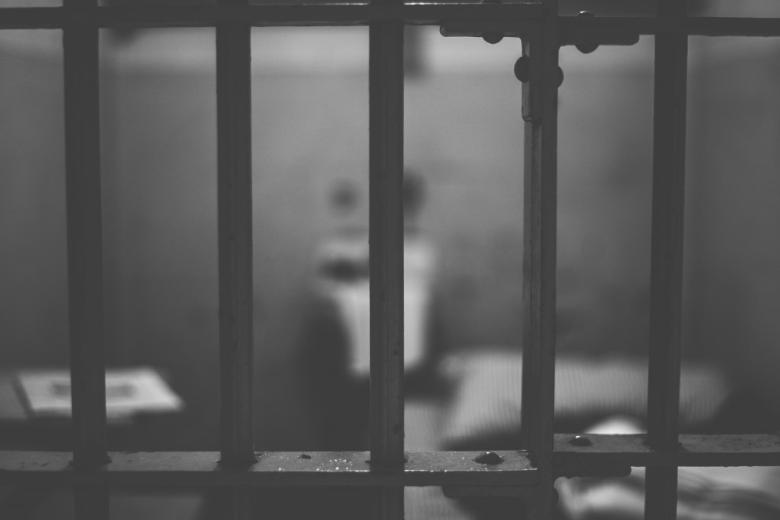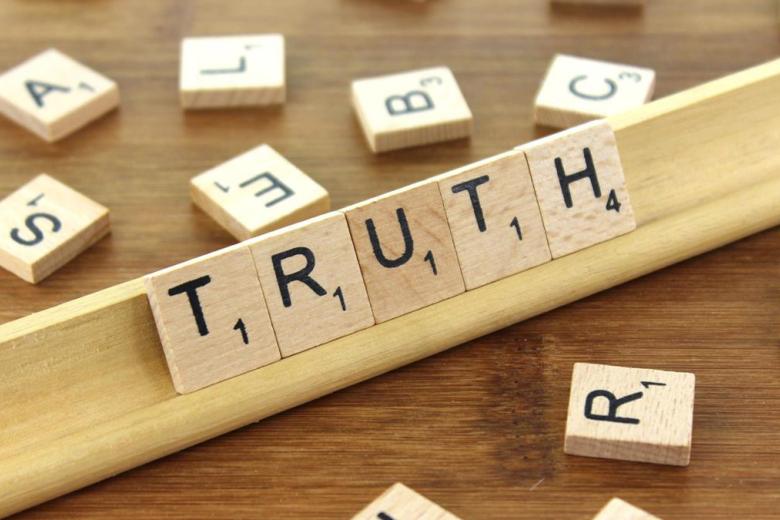Forensic Psychology
The members of the section of Forensic Psychology strive to generate knowledge that serves to enhance the quality of legal decision making in both criminal and civil cases. Thus, our research focuses on core investigative procedures (e.g., interviewing techniques, deception detection), decision making (e.g., eyewitness identification & testimony, expert bias), and forensic psychological assessment and treatment (e.g., violence risk assessment; preventing recidivism, trauma-informed practices).
Our mission is to describe, explain, predict, and provide solutions for psychological issues that have an impact on the lives of victims, suspects, offenders, and on professional practice. We aim to create quality in legal and forensic psychology and to train young psychologists to work in the field of criminal and civil law.
Therefore, next to research activities, the Forensic Psychology section leads an excellent two-year teaching programme in Forensic Psychology and a one-year master in Legal Psychology.
Research lines
Memory of Witnesses and Victims
This research line deals with current issues and controversies in the area of eyewitness memory and false memories. Specifically, researchers in this domain examine under which circumstances eyewitnesses are able to accurately identify the culprit from a lineup. Furthermore, they investigate how the overwhelmingly stressful nature of being an eyewitness or victim to a crime affects their memory for that event. In addition, research focuses on a variety of memory illusions such as why children and adults sometimes develop memories of events (e.g., sexual abuse) that never occurred and the impact that these false memories may have in legal proceedings. The effectiveness of structured forensic interview protocols in interviewing alleged victims of child abuse is studied in actual child protection practice.
Researchers: Harald Merckelbach, Corine de Ruiter, Henry Otgaar, Kim van Oorsouw, Anna Sagana, Melanie Sauerland, Sanne Houben, Mengying Zhang, Yikang Zhang.

Forensic Psychological Assessment and Treatment and Interviewing
The studies in this line of research focus on the development and validation of evidence-based risk assessment tools for different forms of violence and antisocial behaviour in adults (e.g., intimate partner violence, child maltreatment) and youth (e.g., violence, self-harm). Furthermore, research into risk and protective factors is combined with intervention studies for different types of harmful behaviours towards others. Key words to describe the recent work of the Forensic Section researchers in this domain are: trauma-focused, strengths-based and positive forensic psychology.
Researchers: Corine de Ruiter, Kim van Oorsouw, Tamara De Beuf, Vivienne de Vogel, Annabel Simjouw

Decision Making
In all phases of the legal process, human decision making plays a major role and cognitive biases may lead to flawed reasoning. In many criminal and legal cases, judges are advised by experts, who may also fall prey to these biases. Forensic Psychology section researchers examine the role the role and extent of these biases and how to remediate them, in the interest of a fair trial and optimisation of legal decision making.
Researchers: Marko Jelicic, Anna Sagana, Maartje Schreuder.

Staff
Professors
- Harald Merckelbach
- Corine de Ruiter
- Marko Jelicic
- Henry Otgaar
- Vivienne de Vogel
Marije Keulen-de Vos
Associate Professors
- Brechje Dandachi-FitzGerald
- Ewout Meijer
- Melanie Sauerland
Assistant Professors
- Kim van Oorsouw
- Anna Sagana
- Robyn Mooney
Lecturer
PhD candidates
- Emre Akca
- Nurul Arbiyah
- Anna Backus
Anne van de Bovekamp
- Mengying Zhang
Ophelia Zhang
External PhD candidates
Daniel van Helvoort
- Mara Moldoveanu (joint degree)
- Diandra Irwanda (joint degree KU Leuven)
- Annabel Simjouw
- Carola van Tilburg
- Mirjam ter Beek
Postdocs
Stephanie Ashton
Associated Researchers
- Tamara De Beuf
- Charlotte Buecken
- Lilian Kloft-Heller
- Thomas Meyer
- Jenny Schell-Leugers (UCM)
- Conny Quaedflieg
- Sergii Yaremenko
- Paul Riesthuis
- Yikang Zhang
Support Staff
- Paula Ghijsen (secretary)
Expert witness work & trainings
In addition to empirical research, members of the section perform forensic evaluations and write expert reports in criminal and civil cases upon the request from lawyers, the district attorney (“officier van justitie”) or the investigating judge (“rechter-commissaris”).
For further information and enquiries about our expert witness services please visit the Maastricht Forensic Institute.
Trainings
Members of the section provide training in violence risk assessment, psychopathy assessment, training in the NICHD forensic child interview protocol (see www.conflictscheiding.eu), and symptom validity testing, both nationally and internationally.
